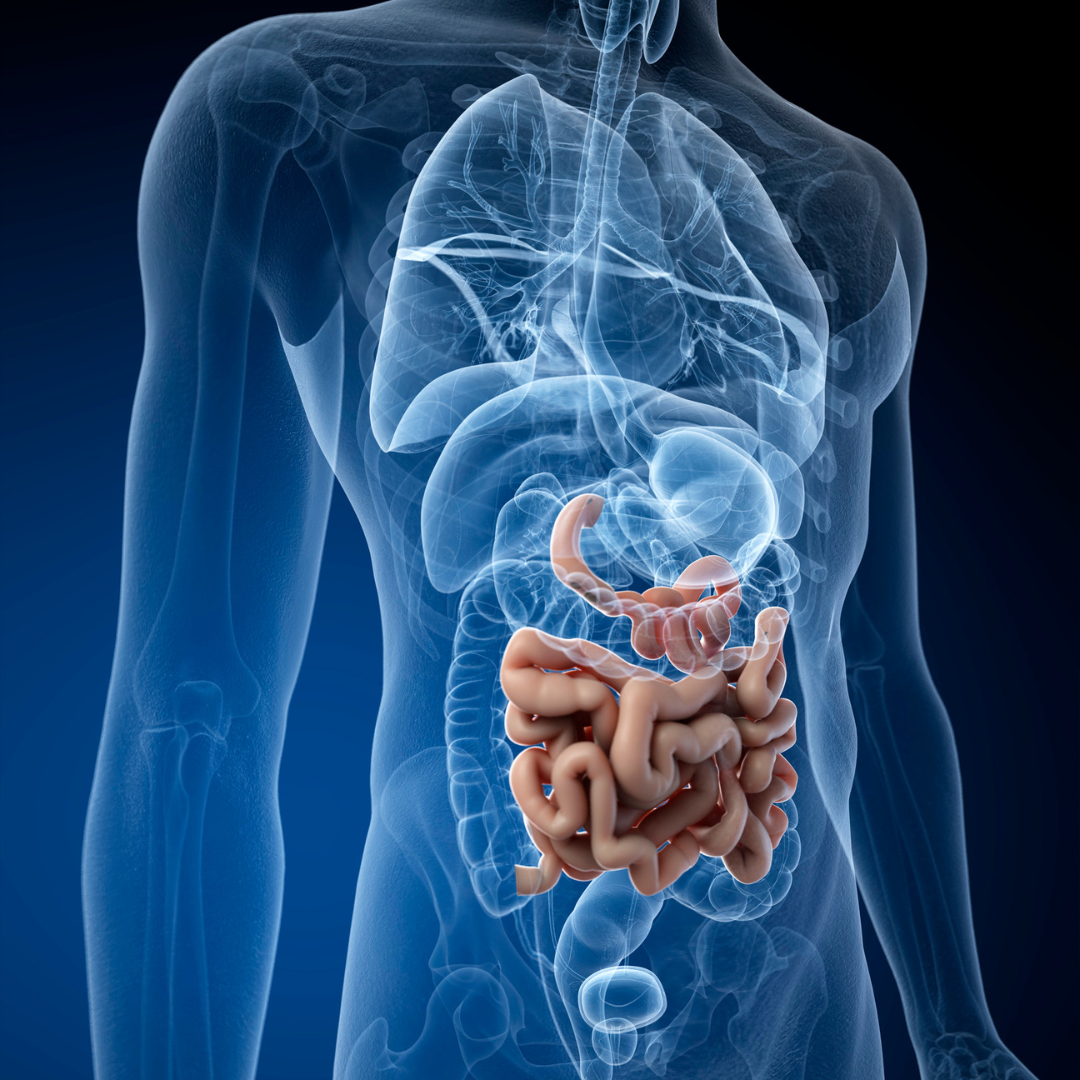Mental health from the start: the gut and the impact of diet
By Laura Vaquero
In recent years, mental health has received more media coverage and has experienced a proliferation of visits to specialists. It is one of the most widespread social concerns at the global level and its influence is such that it has even gone from being a taboo topic to occupying the central level of conversations. Although there has been a significant change in how mental health works, there is still widespread ignorance about its direct relationship with intestinal health.

Over the years, experts have succeeded in ensuring that, in disorders that until now were considered psychological, there are biological causes that start from the intestine and from the bacteria that live in it. In this way, they have demonstrated the involvement of intestinal bacteria in autoimmune diseases such as diabetes or obesity.
The interrelation between the gut-brain axis this is bidirectional communication, meaning that signals can go both from the brain to the gut and from the gut to the brain. Contrary to the general idea, the intestine is not an organ that only digests food, but produces, like the second brain, neurotransmitters. These include serotonin, dopamine, and gamma-aminobutyric acid (GABA), which are essential for regulating mood, behavior, and sleep. This connection is so decisive that around 90% of the body's serotonin is produced in the intestine, varying cognitive functioning.
This communication is generated through several ways, including the vagus nerve, the immune system, and hormones:
- The vagus nerve allows chemical and electrical signals to travel between both organs, facilitating the regulation of digestive and emotional functions.
To improve the nervous systemIt is not necessary to consume all the nutrients involved in the synthesis of neurotransmitters and their structures. An example is minerals, such as iodine or iron; and vitamins, such as those in group D and E; and omega-3 fatty acids; or amino acids.
- For its part, the immune system It is another important communication route because inflammation in the intestine can trigger a systemic inflammatory response that impacts the brain.
The role of the microbiota in mental health
The microbiota undoubtedly plays a very important role in regulating the connection mechanisms between the brain and the intestine, which is the group of microorganisms, mainly bacteria, that reside in different parts of the human body, but especially in the intestine.
It has an influence, therefore, on the production of neurotransmitters, on the gut-brain axis, on the systemic inflammation and in the production of short-chain fatty acids (SCFAs) such as butyrate, propionate and acetate. SCFAs have anti-inflammatory effects and can cross the blood-brain barrier, affecting brain function. Other microbial metabolites may modulate systemic and brain inflammation, influencing the risk of neuropsychiatric disorders.
The mood-boosting power of prebiotics
Food and supplements are a powerful medicine that enhances the benefits for our body. For example, the resistant starch, a natural prebiotic found in foods such as potatoes and sweet potatoes, is not fully digested in the human small intestine and reaches the colon, where it is fermented by intestinal bacteria to produce SCFAs.
The relationship between diet, supplements, and mental health through the improvement of gut microbiota is a growing field of research. The repopulation of the microbiota by prebiotics, non-digestible fibers that promote the growth and activity of beneficial bacteria in the intestine, has gained ground. This nourishes probiotic bacteria, increasing their population and activity, resulting in a healthier and more balanced microbiome, benefiting both the gut and the brain.
The interest in understanding this connection is so profound that the gut microbiome of pigs was recently being investigated for potential applications in curing human mental illnesses. As science advances, hope increases for more effective and personalized treatments that not only address mental health, but promote a comprehensive well-being.








